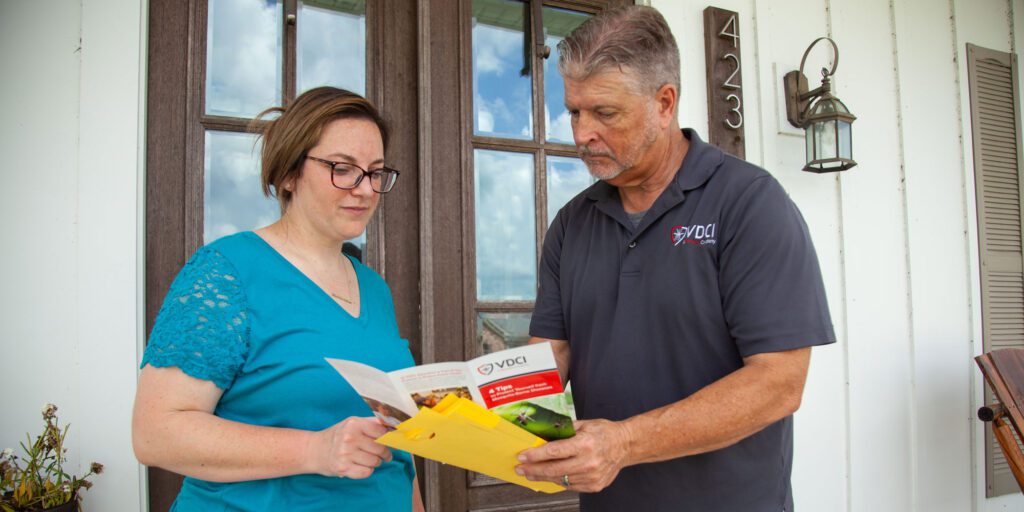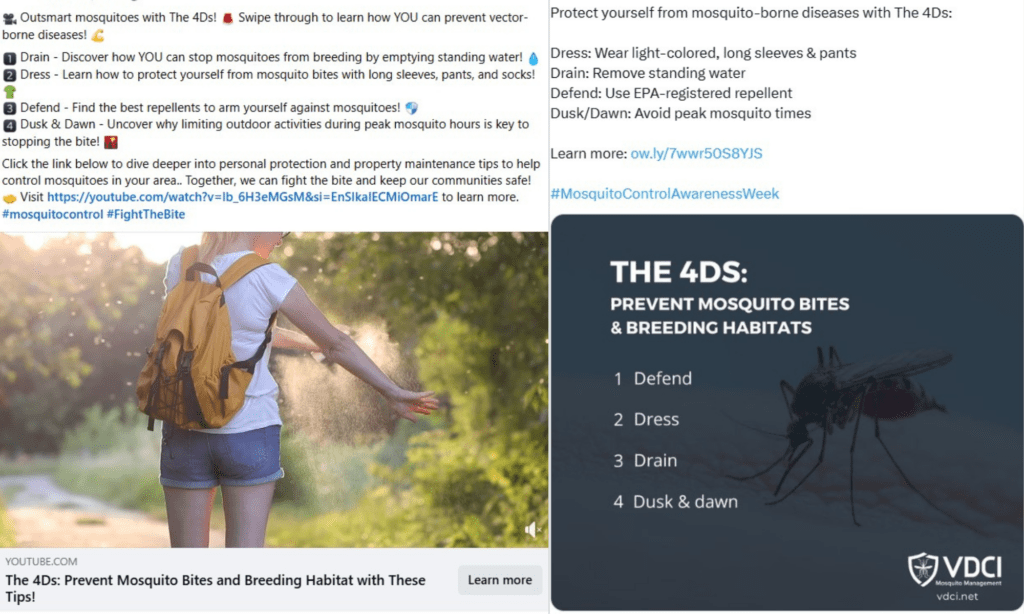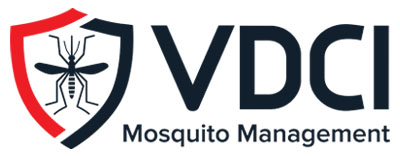Keep the Public Informed On Emergency Mosquito Control Strategies
After a storm or hurricane, fear and uncertainty are common as communities focus on restoring power and clean water, clearing roads, and helping displaced families. Mosquitoes may not be top of mind immediately after a severe weather event, but floodwaters create ideal breeding grounds for mosquitoes. In the weeks following a storm, rising adult mosquito populations can hinder recovery efforts and potentially increase disease risks.
For municipalities and mosquito abatement districts, effective communication isn’t just helpful—it’s an essential component of effective emergency response. Clear, timely communication before, during, and after a mosquito emergency can help reduce public anxiety, promote personal protection, and safeguard the health of the community.

BEFORE THE MOSQUITO EMERGENCY
Preparation begins well before the mosquito emergency arises. In times of uncertainty, seeing planes or ground crews spraying insecticides can heighten fear and distract from recovery. Engaging with the community ahead of time lays the foundation for effective crisis communication. The more residents know about your mission and capabilities, the more confident they’ll be when you take action.
Develop a plan:
Communication should be a key part of your overall emergency response strategy. Planning ahead ensures you’re not scrambling for solutions mid-crisis.
- It is crucial to establish contingency plans and procedures that promote collaboration between local and federal agencies, identify key contacts, and define communication channels (TV, radio, social media, etc.).
- Draft message templates for press releases, public service announcements, emergency text alerts, and highway signs.
- Coordinate with local departments and organizations to ensure message consistency.
Engage with the community:
Building credibility can help ensure your messaging is well-received when an emergency occurs.
- Go door-to-door to provide educational materials and talk directly with residents, especially in high-risk or underserved areas.
- Set up booths at local community events or host town halls to answer questions and share your mosquito management plans.
- Invite citizens, government officials, or local health groups to review your operations, equipment, and emergency preparation efforts firsthand.
DURING THE MOSQUITO EMERGENCY
Once the storm has passed and mosquitoes begin to emerge, residents will be looking for support and guidance. That’s why communication should never be an afterthought—it must be a core element of your emergency response plan.
- Clear, timely updates help ensure the public is aware of spray missions and that other control efforts are being deployed to regain control of mosquitoes.
- Use Public Service Announcements (PSAs) and social media posts to share urgent information.

AFTER THE MOSQUITO EMERGENCY
Following the storm or flooding event and emergency mosquito response mission, it’s essential to continue communication, particularly regarding personal safety and ongoing mosquito control efforts. Clear, actionable information will empower residents to take the necessary steps to protect themselves and their families.
- Encourage residents to protect themselves from mosquitoes by applying DEET repellent, wearing long clothing, and staying indoors during dawn and dusk.
- Remind the public that they can prevent mosquito breeding by eliminating standing water around their properties. Water often collects in bird baths, clogged gutters, plant saucers, outdoor pet bowls, kiddie pools, buckets, and other containers.
- Keep residents updated on insecticide application schedules, mosquito surveillance, and disease testing results.

Strong Communication Leads to More Successful Mosquito Control Programs
Clear, consistent communication is one of the most powerful tools in any mosquito control program, especially during emergencies. By building trust before a storm or major flooding event, maintaining transparency during the event, and continuing outreach through recovery, community leaders and organizations can help reduce fear, streamline response efforts, and keep communities safer and more informed.
VDCI partners with communities to build comprehensive contingency plans for storms, hurricanes, and disease outbreaks. From securing FEMA funding to coordinating with various agencies to addressing public concerns, we are here to support every phase of your emergency response.
How Mosquito Problems Develop Post-Storm
Contact Us to Speak to A Mosquito Management Expert
Complete the form below or call us at 844-251-8835 to speak to an expert about your mosquito management needs.
 Since 1992, Vector Disease Control International (VDCI) has taken pride in providing municipalities, mosquito abatement districts, industrial sites, planned communities, homeowners associations, and golf courses with the tools they need to run effective mosquito control programs. We are determined to protect the public health of the communities in which we operate. Our mosquito control professionals have over 100 years of combined experience in the field of public health, specifically vector disease control. We strive to provide the most effective and scientifically sound mosquito surveillance and control programs possible based on an Integrated Mosquito Management approach recommended by the American Mosquito Control Association (AMCA) and Centers for Disease Control and Prevention (CDC). VDCI is the only company in the country that can manage all aspects of an integrated mosquito management program, from surveillance to disease testing to aerial application in emergency situations.
Since 1992, Vector Disease Control International (VDCI) has taken pride in providing municipalities, mosquito abatement districts, industrial sites, planned communities, homeowners associations, and golf courses with the tools they need to run effective mosquito control programs. We are determined to protect the public health of the communities in which we operate. Our mosquito control professionals have over 100 years of combined experience in the field of public health, specifically vector disease control. We strive to provide the most effective and scientifically sound mosquito surveillance and control programs possible based on an Integrated Mosquito Management approach recommended by the American Mosquito Control Association (AMCA) and Centers for Disease Control and Prevention (CDC). VDCI is the only company in the country that can manage all aspects of an integrated mosquito management program, from surveillance to disease testing to aerial application in emergency situations.

